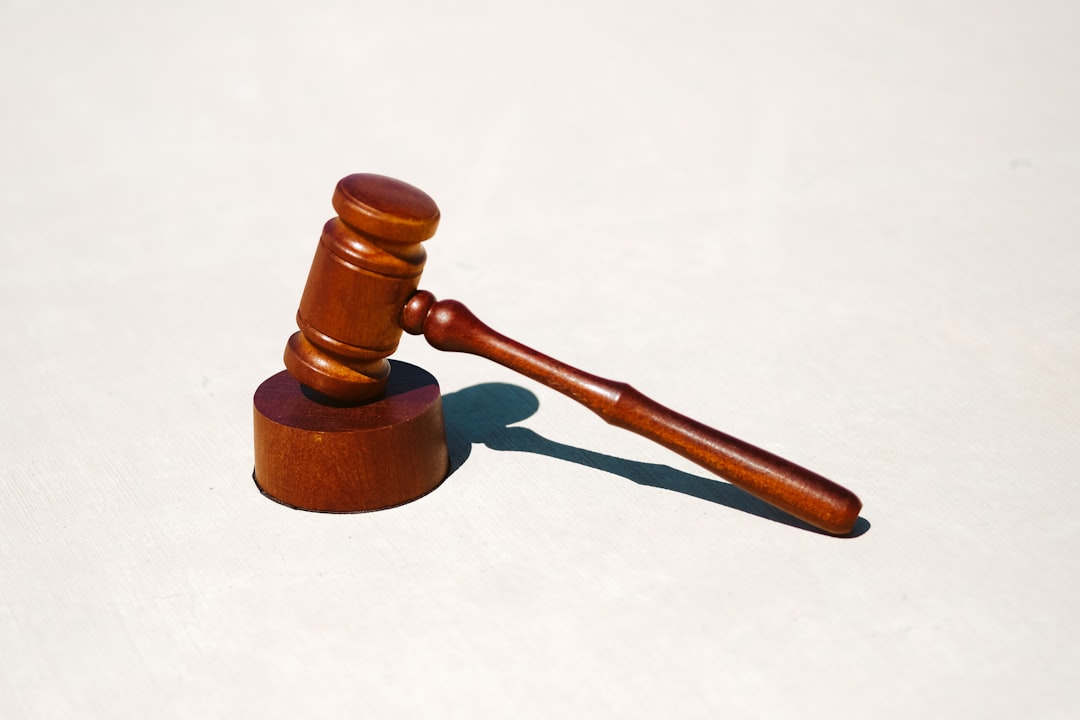In the digital era, New Hampshire faces a surge of spam texts affecting residents and businesses. Unwanted promotional messages and fraudulent schemes disrupt operations, increase costs, and hinder competition, particularly for small businesses. State and federal laws like TCPA protect consumers, but spamming remains a significant challenge. Businesses, such as a Manchester retail store and local law firm, have suffered financial losses and damaged reputations due to deceptive practices. To combat spam texts, businesses should employ anti-spam techniques, educate customers, block numbers, consult a lawyer for Spam Text New Hampshire, invest in security systems, and engage in ethical marketing practices to protect their communication channels and thrive economically.
In the digital age, spam texts have emerged as a pervasive and costly issue for New Hampshire’s economy. This article explores the growing problem of unsolicited text messages, targeting small businesses within the state. We delve into the economic implications, legal framework, and real-world case studies to highlight the challenges posed by spam texts. Additionally, we provide effective strategies for mitigation and prevention, offering insights for both businesses and consumers, with a focus on the role a lawyer for Spam Text New Hampshire can play in navigating these complex issues.
The Prevalence of Spam Texts in New Hampshire
In today’s digital age, New Hampshire, like many other states, faces a growing dilemma in the form of spam texts. These unwanted messages have become an increasingly common nuisance for residents and businesses alike. From promotional offers to fraudulent schemes, spam texts are pervasive across the state. Many New Hampshires receive multiple spam texts daily, impacting their quality of life and productivity. This deluge of unsolicited communication has led many to seek relief, prompting a rise in demand for legal assistance from those seeking a lawyer for Spam Text New Hampshire.
The issue is particularly acute for small businesses and startups who rely on genuine customer engagement through text messaging for marketing and customer service. The sheer volume of spam texts can drown out legitimate communications, hindering their ability to connect effectively with their target audience. This has led many businesses to implement stringent anti-spam measures, while also encouraging customers to report suspicious messages. The increased legal and technical efforts to combat spam texts reflect the seriousness of the problem impacting New Hampshire’s economy and digital landscape.
Economic Impact on Small Businesses
Spam texts, while a nuisance to consumers, can have a significant economic impact on small businesses in New Hampshire. These unsolicited messages disrupt legitimate communication channels and can lead to decreased productivity as employees spend time filtering through spam and managing customer complaints. Moreover, they contribute to higher operational costs for businesses that must invest in robust anti-spam measures to protect their data and maintain customer trust.
For small businesses already struggling to compete in a crowded market, the economic burden of spam texts can be particularly acute. A lawyer for Spam Text New Hampshire can help businesses understand their legal options for addressing this growing issue. By employing effective strategies to combat spam, these businesses can better allocate resources, enhance customer satisfaction, and ultimately contribute to a more robust local economy.
Legal Framework and Current Regulations
In New Hampshire, the legal framework surrounding spam texts is governed by state and federal laws designed to protect consumers from unwanted communications. The Telephone Consumer Protection Act (TCPA) at the federal level provides stringent guidelines on how businesses can contact individuals via text message, including restrictions on automated or prerecorded messages without prior express consent. At the state level, New Hampshire has its own regulations that mirror many aspects of the TCPA, further emphasizing the rights of residents to control their communication preferences.
A lawyer for spam text in New Hampshire plays a crucial role in ensuring these laws are upheld and that businesses comply with them. They help protect consumers by investigating complaints related to unsolicited texts, negotiating with companies engaging in spamming practices, and taking legal action when necessary. This helps maintain a fair and regulated environment, fostering trust among residents and promoting ethical business conduct within the state’s economy.
Case Studies: Real-World Examples of Harm
In New Hampshire, numerous businesses have fallen victim to spam texts, leading to significant financial losses and reputational damage. A small retail store in Manchester, for instance, received hundreds of unsolicited text messages promoting fake discounts daily. This constant bombardment not only disrupted their customer service but also drove away legitimate customers who perceived the company as intrusive and untrustworthy. As a result, the store had to invest heavily in re-establishing its brand image and regaining customer loyalty.
Another case involves a local law firm specializing in personal injury cases. Spam texts targeting potential clients with false promises of quick settlements caused a surge in misdirected calls and inquiries. This not only wasted their legal team’s valuable time but also made it harder for them to connect with genuine victims in need of assistance. The firm had to take proactive measures, including hiring a lawyer for spam text New Hampshire, to combat these deceptive practices and protect their business interests.
Strategies for Mitigation and Prevention
Spam texts can have a significant negative impact on individuals and businesses in New Hampshire, leading to lost productivity, increased costs, and even legal issues. To combat this growing problem, several strategies for mitigation and prevention are available. One effective approach is to educate people about recognizing and reporting spam messages. Individuals can block numbers, report suspicious texts to their service providers, and consult a lawyer for Spam Text New Hampshire to understand their rights and options.
Businesses, particularly those in retail and services sectors, should invest in robust communication filters and security systems to prevent spam from reaching their customers. Regular reviews of privacy policies and terms of service agreements can also help ensure that businesses are not inadvertently facilitating spam distribution. Engaging in ethical marketing practices and using verified contact lists can further reduce the risk of spam texts infiltrating legitimate customer communications.






